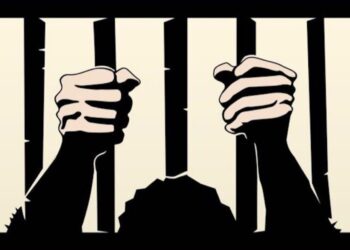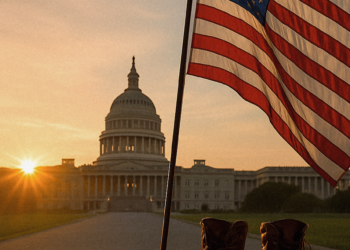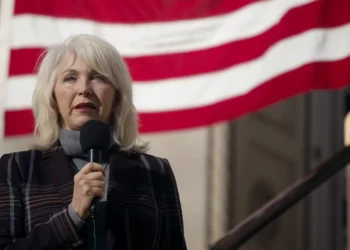The Supreme Court convened for nearly three hours of debate on Thursday regarding President Trump’s claims of presidential immunity before adjourning around 12:45. The proceedings will resume on May 9. During Thursday’s arguments, there were significant exchanges between the justices and attorneys representing Trump and the special counsel.
One notable exchange reported by Fox News occurred between Trump’s attorney, John Sauer, and Justice Elena Kagan. Kagan posed a hypothetical scenario wherein a former president directed the military to stage a coup. Sauer argued that if such an action constituted an “official act,” impeachment and conviction would be necessary before prosecution. Kagan pressed further, emphasizing the gravity of the situation and questioning whether such an act could be considered immune from prosecution. Sauer maintained that the determination of immunity would hinge on the circumstances surrounding the action.
Additionally, justices questioned the special counsel’s attorneys about the potential implications for future presidents if the court significantly diminished presidential immunity, expressing concerns about the possibility of unreasonable prosecutions.
Investigative reporter Julie Kelly took a break from uncovering newly redacted court documents to cover the POTUS immunity case. which is causing many people to demand a criminal conspiracy inquiry in the Republican-led US House to report on a Thursday US Supreme Court hearing before the Justices on the boundaries of Presidential Immunity, which directly will influence several legal issues facing President Donald J. Trump, especially with Special Counsel Jack Smith.
“If the Supreme Court finds for Trump, that will knock out half of what Smith has against him,” Steve Bannon said on Thursday while discussing the Thursday situation at SCOTUS.
Kelly appeared on the morning WarRoom program to remind the WarRoom audience that she would be giving her analysis of the hearing and posting live about what she was hearing on her X account.
About the same time as the hearing started, President Donald Trump, who had been denied an opportunity to appear in the case due to a New York City trial, posted on his Truth Social account about his point of view, saying:
“If a President does not have Immunity, the Opposing Party, during his/her term in Office, can extort and blackmail the President by saying that, "if you don’t give us everything we want, we will Indict you for things you did while in Office,” even if everything done was totally Legal and Appropriate. That would be the end of the Presidency, and our Country, as we know it, and is just one of the many Traps there would be for a President without Presidential Immunity. Obama, Bush, and soon, Crooked Joe Biden, would all be in BIG TROUBLE. If a President doesn’t have IMMUNITY, he/she will be nothing more than a "Ceremonial” President, rarely having the courage to do what has to be done for our Country. This is not what the Founders had in mind! Protect Presidential Immunity. MAKE AMERICA GREAT AGAIN!”
Follow The Court Case On Presidential Immunity On Julie Kelly’s Twitter Feed
A summary of Kelly’s posts:
John Sauer, representing Trump, delivered his opening statement and responded to questions from Chief Judge John Roberts. Sauer argued that the indictment against Trump used vague statutes, particularly regarding the core authority of the presidency. Justice Sotomayor questioned whether Trump’s actions were for personal gain, contrasting them with Obama’s actions, such as drone strikes, which were seen as protecting the country.
Sauer contended that the president could use the trappings of his office for personal gain without facing criminal liability. Justices KBJ and Gorsuch raised concerns about determining what constitutes official acts versus personal conduct, suggesting the need for further clarification. Justice Sotomayor questioned aspects of the indictment related to alternative electors, while Sauer disputed her characterization.
Justice Thomas raised concerns about the legal appointment of the special counsel, while Justice Kagan and ACB probed Sauer on distinguishing between official and personal acts in the indictment. Justices Kavanaugh and Gorsuch expressed concerns about the precedent-setting nature of the case and its implications for future presidents. Justice Alito questioned the stability of democratic society and the potential effects of permitting criminal prosecution of a president.
The justices explored the definition of “corruptly” in the context of obstruction charges and discussed the extent of presidential immunity. Justice ACB indicated skepticism toward absolute immunity but suggested focusing on personal/private conduct rather than official acts in the indictment. Justices KBJ and ACB agreed that immunity should not cover personal/private conduct. Overall, there were debates over the scope of presidential authority, the application of statutes, and the case’s implications for future presidents.





![Bannon’s WarRoom, Show Clip Roundup 4/25/2024 [AM]](https://warroom.org/wp-content/uploads/2024/04/bannon-1636756514-75x75.jpeg)